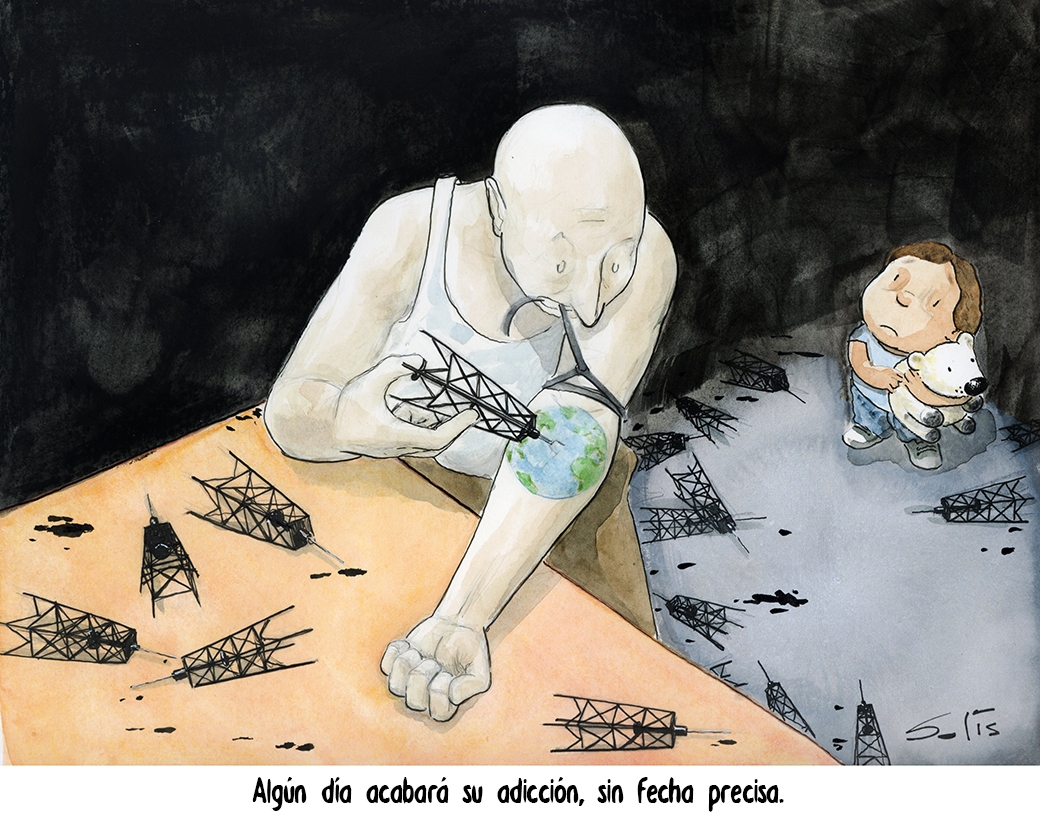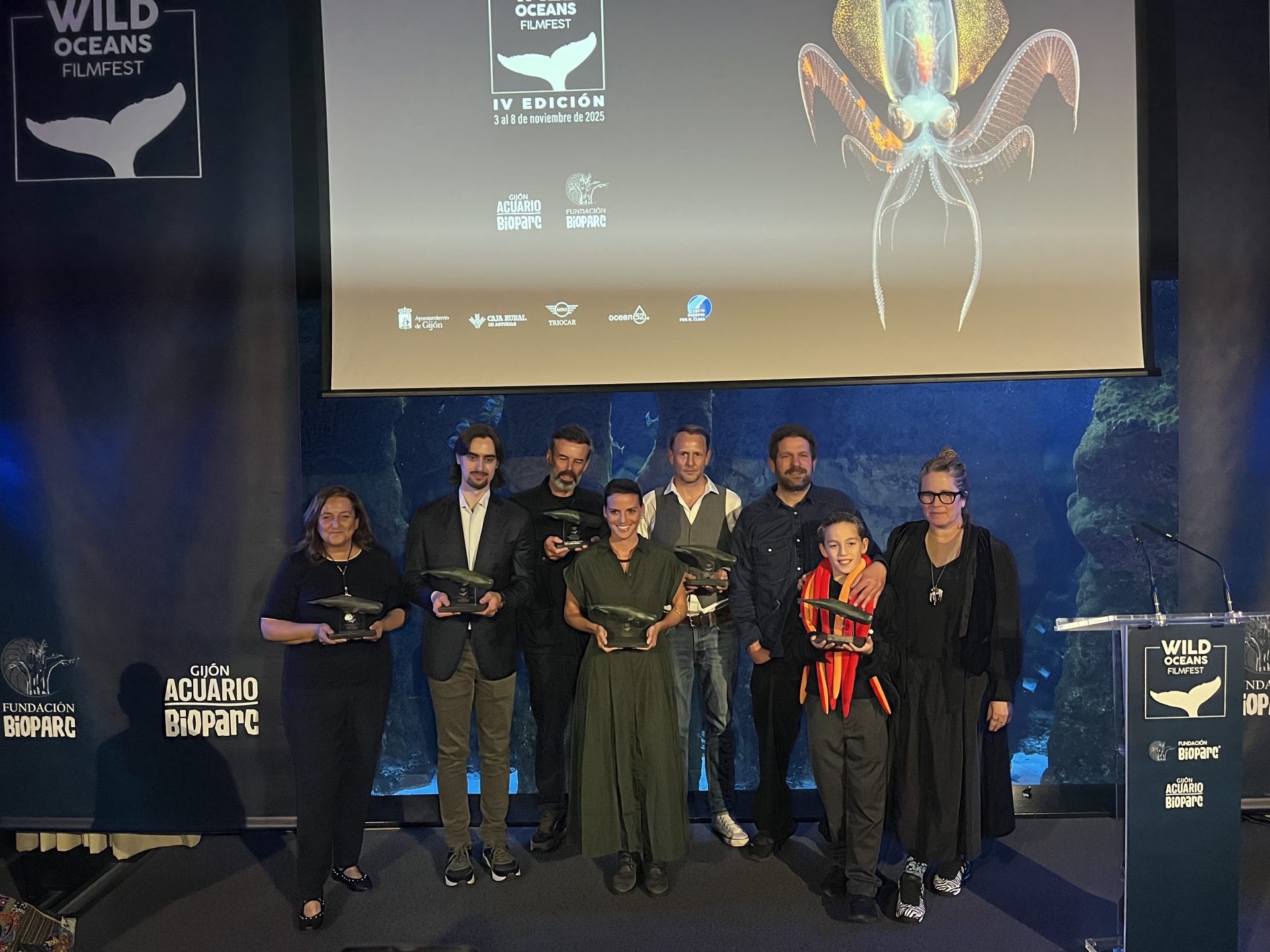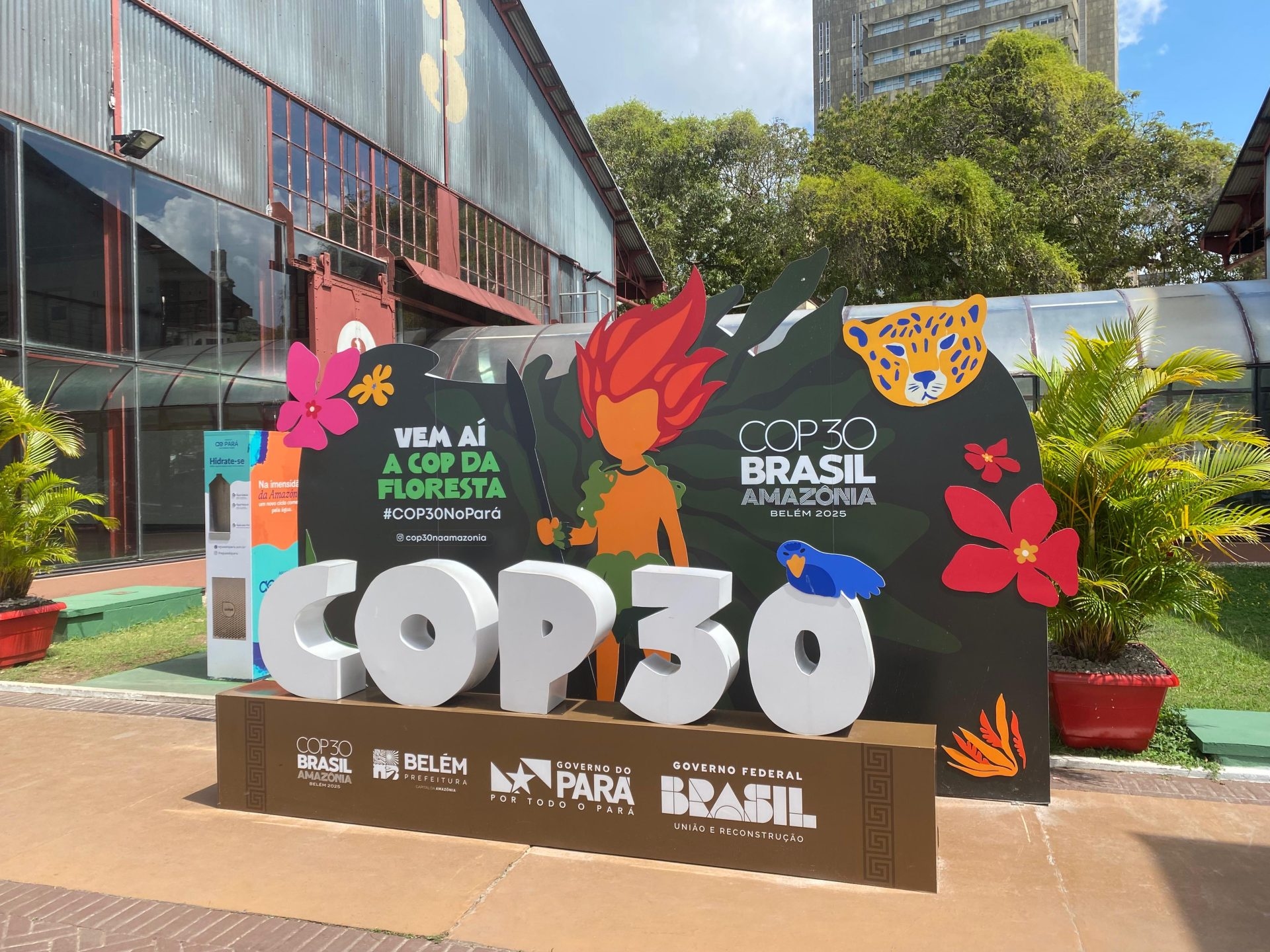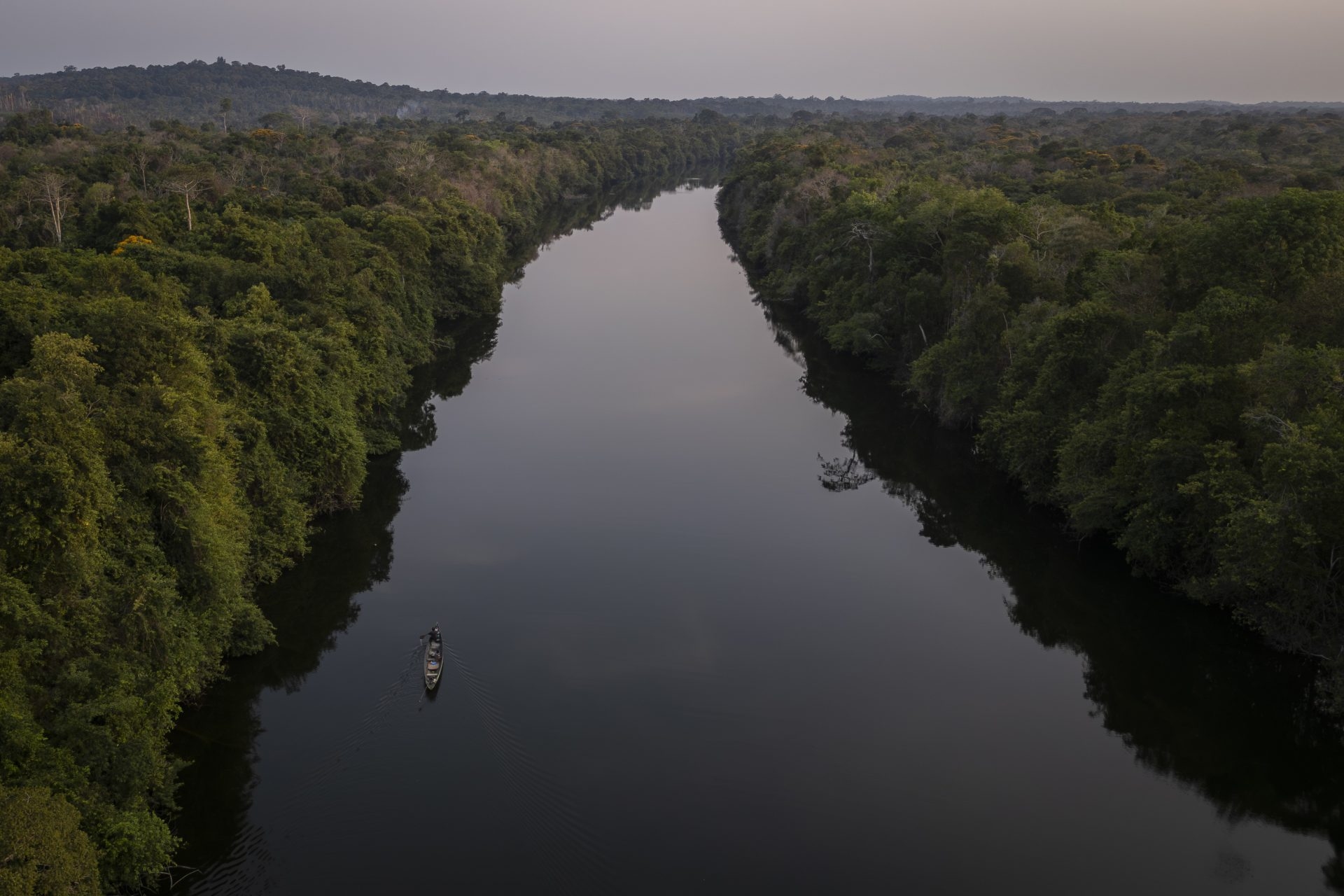Brazil, between oil and the Amazon: the paradox of the COP30 host
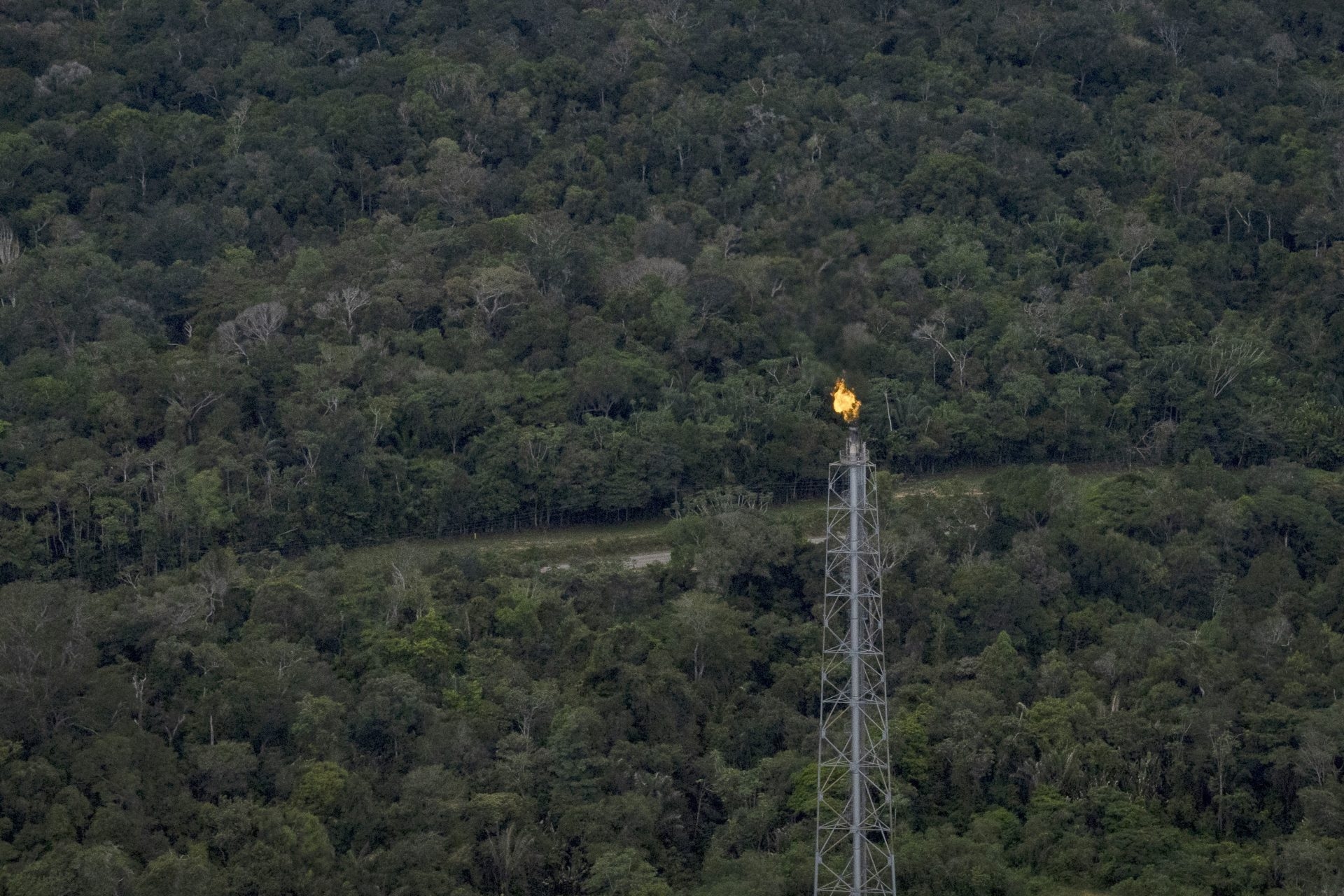
María Angélica Troncoso
Rio de Janeiro - Brazil aspires to promote itself as an environmental leader, but it is also an expanding oil power, a paradox for the country that will host the 30th UN climate conference (COP30), the most important global meeting for the sustainability of the planet.
The issue has gained momentum in the last year due to the insistence of Brazilian President Luiz Inácio Lula da Silva on exploring for hydrocarbons in a new and promising area that could put the Amazon, the world's largest rainforest, at risk.
According to the National Agency of Petroleum, Natural Gas and Biofuels (ANP, regulator), the estimated volume of oil in this maritime region off the Amazon coast exceeds 30 billion barrels and could catapult the South American country to become the fourth largest crude oil producer on the planet.
The area, known as the Equatorial Margin, covers the coastline of five states, three of them Amazonian, and extends to the coasts of Guyana and Suriname, countries that have already confirmed the existence of oil and its great potential.
Wealth versus EnvironmentThe well with which the state-owned Petrobras began exploring the region three weeks ago is located in deep waters of the Atlantic Ocean, about 500 kilometers from the mouth of the Amazon River.
That location has provoked the fury of environmentalists, as the area that could be affected by a spill is home to environmental reserves, indigenous territories, mangroves and coral reefs, as well as a varied marine diversity with endangered species.
The controversy intensified due to the government's strong insistence on granting Petrobras the exploration permit, especially with Brazil leading COP30, which many have described as "incoherent".
The issue has crossed borders. At the recent Amazon Summit held in Bogotá, Colombian President Gustavo Petro, a strong ally of Lula, declared that "the Amazon can no longer be seen as a hydrocarbon reserve, as it is the climatic heart of the planet and must be protected as such."
Lula has repeatedly stated that Brazil needs to continue exploiting oil to generate resources to finance the transition to renewable energy and has warned that, "as long as the world needs it, Brazil will not give up on a wealth that can improve the lives of its people," referring to the promising oil-producing region.
Brazilian Environment Minister Marina Silva has attempted to balance positions by pointing out that it is not about denying Brazil's energy reality, but about "guaranteeing" that any decision is made based on "scientific criteria, environmental respect and dialogue with communities."
For his part, COP30 President André Corrêa do Lago recently stated in Paris that "we need to have an informed debate about oil exploitation in the Amazon, because it is neither a simple nor an emotional issue," and emphasized that, despite these tensions, the Brazilian president is committed to the fight against the climate crisis.
Environmental leader and green powerhouseProtecting ecosystems has been one of Lula's flagship policies since he was a presidential candidate, and his fight to stop the devastation in the Amazon has drastically reduced deforestation in the biome.
Deforestation in the world's largest rainforest fell by 11% between August 2024 and July 2025, and by 30.6% in the immediately preceding year.
The institutional strengthening of environmental authorities and the increase in controls, relaxed during the government of Jair Bolsonaro (2019-2022), a defender of the exploitation of the rainforest, have been key to preventing the destruction of the Amazon.
Brazil's vast renewable energy capacity also internationally highlights the South American country as a green powerhouse, with 88.2% of its energy mix coming from hydroelectric, wind, and solar sources.
It also leads in biofuels with a 25.7% share of the transport mix in 2024, driven by sugarcane ethanol, which supplies nearly 40% of light fuel consumption. EFEverde
mat/mp/cc
efeverde

